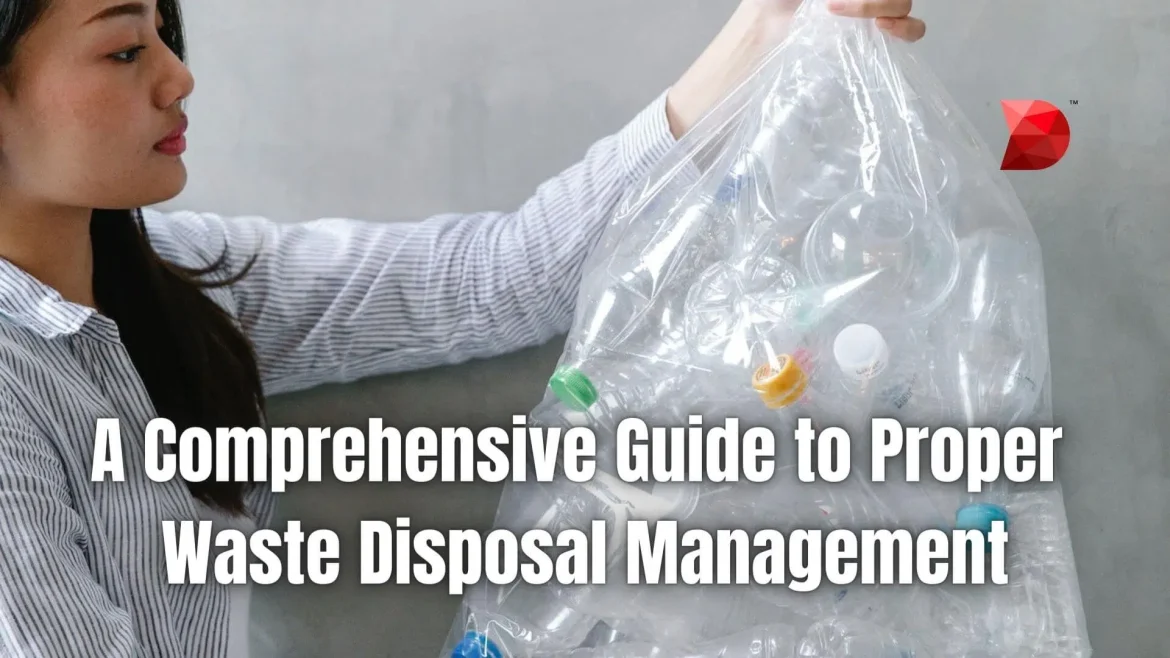Waste disposal, an often-overlooked feature of modern life, is vital to environmental health and sustainability. As populations grow and consumption rises, waste management becomes an increasingly important issue. Effective garbage disposal is more than just throwing away useless objects; it is a multidimensional operation that includes waste creation reduction, proper collection, recycling, and responsible disposal techniques.
Waste reduction is one of the key goals of waste management. Adopting a “reduce, reuse, and recycle” approach is critical in reducing the growing volume of garbage. Encouragement of conscientious consumer habits, usage of reusable products, and reduction of single-use items are critical measures in reducing the environmental impact of waste generation.
The collection step of trash disposal is critical to the process. Creating efficient garbage collection systems ensures that waste is collected properly from homes, businesses, and public spaces. Collection procedures that are well-organized help to avoid litter, illegal dumping, and the unsightly accumulation of garbage that can impact ecosystems and wildlife.
Recycling is a critical component of long-term waste management. Recycling is the process of converting waste materials into reusable products in order to reduce the burden on natural resources and energy usage. Paper, glass, plastic, and metal are all common recyclables. Government activities, as well as public awareness campaigns, are critical in promoting recycling practices and building an environmental culture.
Landfills have long been the standard method of trash disposal, but their environmental impact is becoming increasingly problematic. Landfills produce greenhouse gasses, pollute soil and water, and consume precious land. Alternative garbage disposal technologies are being investigated to overcome these challenges. garbage-to-energy incineration, for example, transforms garbage into energy, lowering waste volume while producing electricity. This technology, however, is not without environmental controversy and necessitates severe pollution control measures.
In trash management, there has been a shift in recent years toward incorporating circular economy principles. The idea is to reduce waste by making items that are durable, repairable, and recyclable. It emphasizes the necessity of extending the lifespan of items and materials through reuse and recycling, hence minimizing the need for new products and materials.
Waste disposal is a global challenge, and international cooperation is essential for developing sustainable solutions. Cross-border initiatives, information sharing, and collaborative research contribute to finding innovative and effective waste management strategies that transcend geographical boundaries.
In conclusion, waste disposal is a complex and multifaceted issue that demands a holistic approach. It starts with a shift in mindset towards reducing waste at its source, followed by efficient collection, recycling, and responsible disposal methods. Embracing sustainable practices and fostering a culture of environmental responsibility are crucial in addressing the global challenge of waste disposal and safeguarding the health of our planet for future generations.

